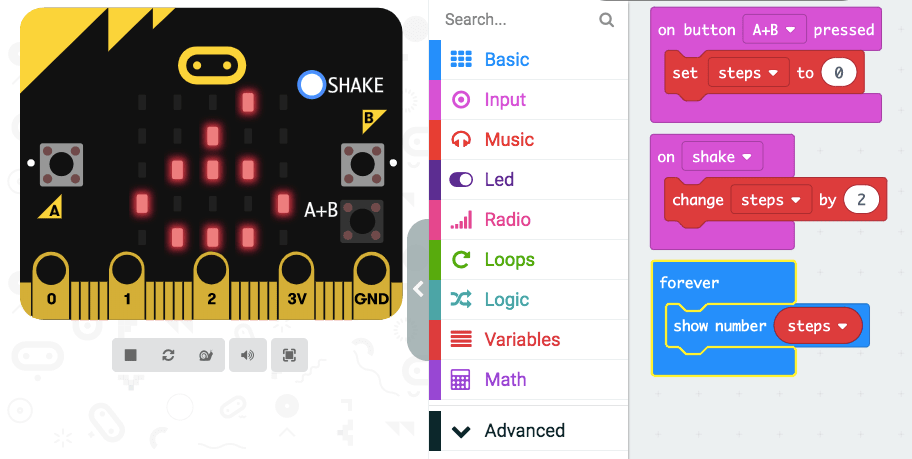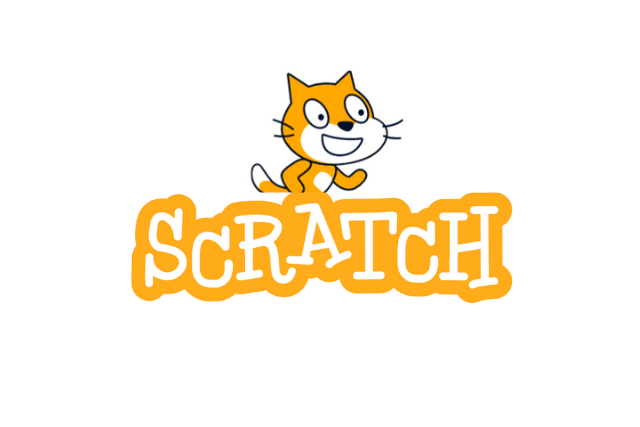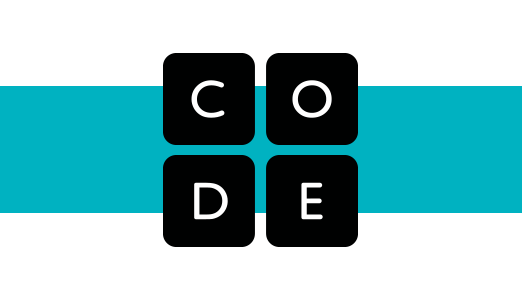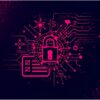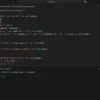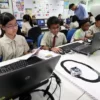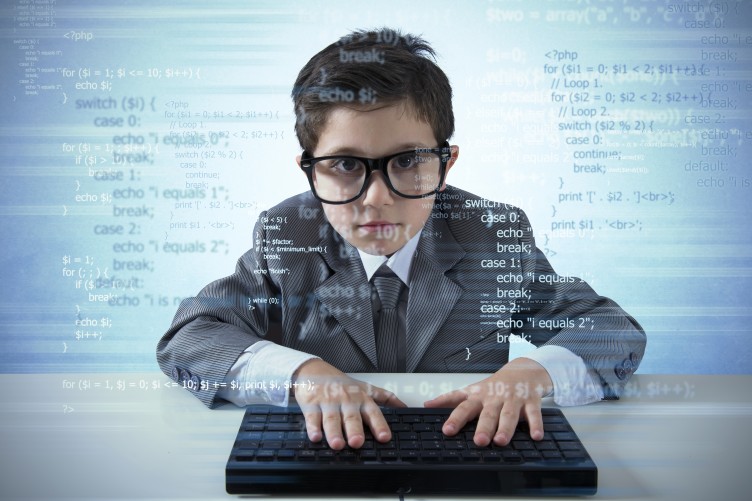Block coding is a type of programming that uses graphical blocks to represent commands, variables, functions, and other elements of a program. Block coding is also known as visual programming or block-based programming.
Block coding is for children and students
Block coding is designed to make programming easier and more accessible for beginners, especially children and students. Block coding allows users to create programs by dragging and dropping blocks on a screen, rather than typing text-based code. Block coding also eliminates syntax errors, such as missing semicolons or brackets, that can frustrate novice programmers.

Block coding has many benefits for learning and teaching programming. Block coding can help users to:
– Develop computational thinking skills, such as logic, problem-solving, abstraction, and debugging.
– Express creativity and imagination through interactive projects, games, animations, and stories.
– Explore various concepts and topics across disciplines, such as math, science, art, and music.
– Collaborate and communicate with others through sharing and remixing projects online.
Platforms that are using block coding
Block coding is used in many popular educational platforms and tools, such as Scratch, Code.org, Blockly, Snap!, and MIT App Inventor. These platforms and tools offer different features and functionalities for different purposes and audiences. For example, Scratch is a web-based platform that allows users to create and share interactive media projects. Code.org is a non-profit organization that provides online courses and activities to teach computer science to students of all ages. Blockly is a library that enables developers to create block coding interfaces for their own applications. Snap! is an extension of Scratch that adds more advanced features, such as custom blocks and first-class lists. MIT App Inventor is a web-based tool that allows users to create mobile apps for Android devices.
Show some projects using block coding
Here are some examples of projects that you can make using block coding platforms, such as Snap!, Microsoft MakeCode, Scratch, and Code.org. These platforms are free and online, so you can access them from any device with an internet connection. You can also download your projects and run them on physical devices, such as micro:bit, Arduino, or Raspberry Pi.
Snap!
Snap! is a block coding platform developed by UC Berkeley that is based on Scratch. Snap! is designed for both kids and adults who want to learn computer science concepts and create complex projects. Snap! has a rich library of blocks and extensions that allow you to create games, simulations, animations, art, music, and more. You can also switch to text mode and code in JavaScript or Python.
One example of a project that you can make with Snap! is a fractal leaf simulation. A fractal is a pattern that repeats itself at different scales. In this project, you will use recursion, a technique where a function calls itself repeatedly, to create a fractal leaf with different colors and shapes. You can also adjust the parameters of the leaf and see how it changes.
You can find the project here: https://snap.berkeley.edu/project?user=knemeyer&project=fractal%20leaf_simulation
Microsoft MakeCode
Microsoft MakeCode is another block coding platform that lets you create games, code devices, and mod Minecraft. MakeCode has different editors for different purposes, such as Arcade, micro:bit, Minecraft Education Edition, LEGO Mindstorms EV3, and more. MakeCode also has a library of tutorials and skillmaps that guide you through fun projects while you learn new skills. You can also switch to text mode and code in JavaScript or Python.
One example of a project that you can make with MakeCode is an online shooter game. In this project, you will use the Arcade editor to create a multiplayer game where you can shoot projectiles at other players. You will learn how to use sprites, tilemaps, variables, events, and more. You can also customize your game with different backgrounds, sounds, and effects.
You can find the project here: https://arcade.makecode.com/10177-56982-76142-16675
Scratch
Scratch is one of the most popular block coding platforms for kids around the world. Scratch was developed by MIT Media Lab and allows you to create interactive stories, games, animations, art, music, and more. Scratch has a large community of users who share their projects and remix each other’s work. Scratch also has a variety of resources for educators and parents who want to teach coding with Scratch.
One example of a project that you can make with Scratch is a word editor. In this project, you will use the Text to Speech extension to create a program that can read and edit text. You will learn how to use lists, operators, variables, events, and more. You can also add features such as changing the voice, speed, pitch, or language of the speech.
You can find the project here: https://scratch.mit.edu/projects/538389560/
Code.org
Code.org is a nonprofit organization that aims to promote computer science education for all students. Code.org offers various block coding courses and activities for different ages and levels. Code.org also hosts the Hour of Code event every year, where millions of people around the world try an hour of coding. Code.org also provides curriculum and tools for teachers who want to teach computer science in their classrooms.
One example of a project that you can make with Code.org is a dance party. In this project, you will use the Dance Party tutorial to create a program that makes characters dance to music. You will learn how to use events, loops, functions, properties, and more. You can also choose from different songs, backgrounds, effects, and characters.
You can find the project here: https://studio.code.org/projects/dance/9w8nJQZy1Zc6gK7i5w4f0w
Block coding is a fun and engaging way to learn and teach programming
Block coding can help users to develop essential skills and knowledge for the 21st century. Block coding can also inspire users to pursue further learning and career opportunities in computer science and related fields.



